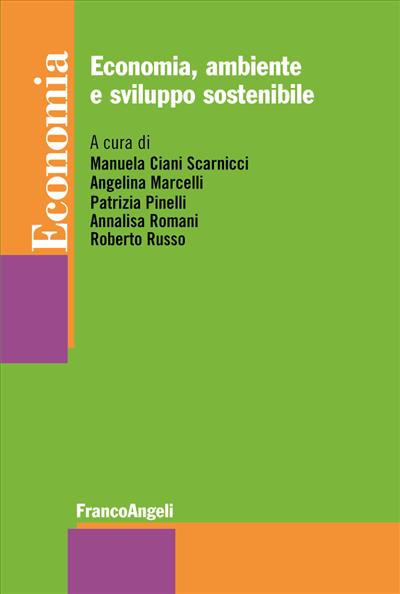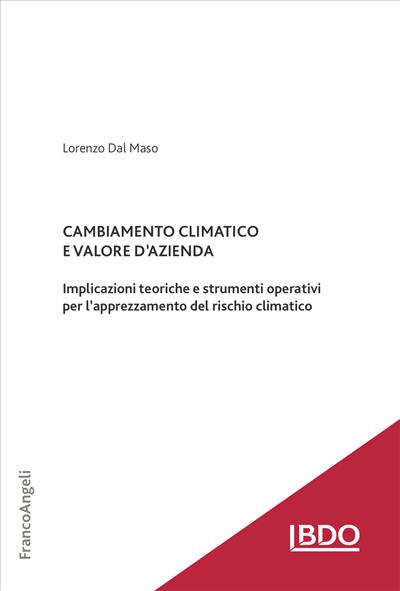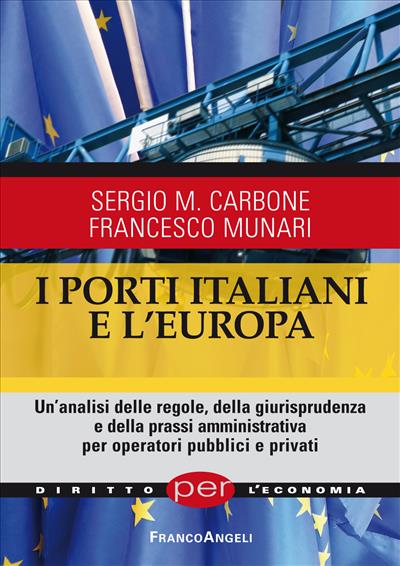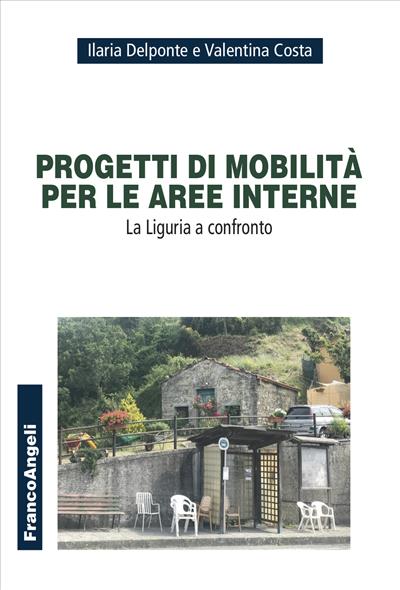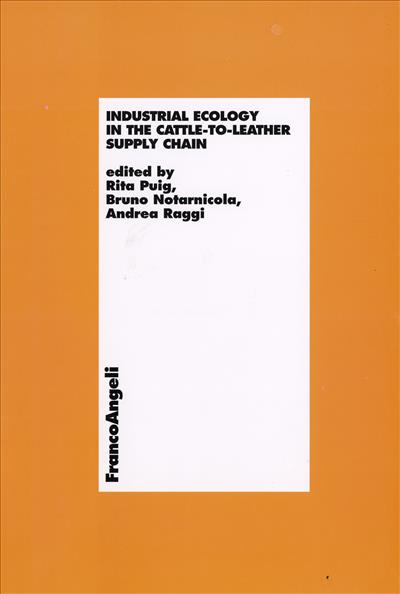
Rita Puig, Bruno Notarnicola, Andrea Raggi
Industrial ecology in the cattle-to-leather supply chain
This book represents a step towards the application of the IE concept. Two case studies of industrial activities (slaughterhouses and tanneries) are examined by implementing different tools and methods – such as Life Cycle Assessment and Social Network Analysis – according to an inter-disciplinary approach.
Pagine: 192
ISBN: 9788846496966
Edizione: 1a edizione 2007
Codice editore: 380.338
Disponibilità: Discreta
